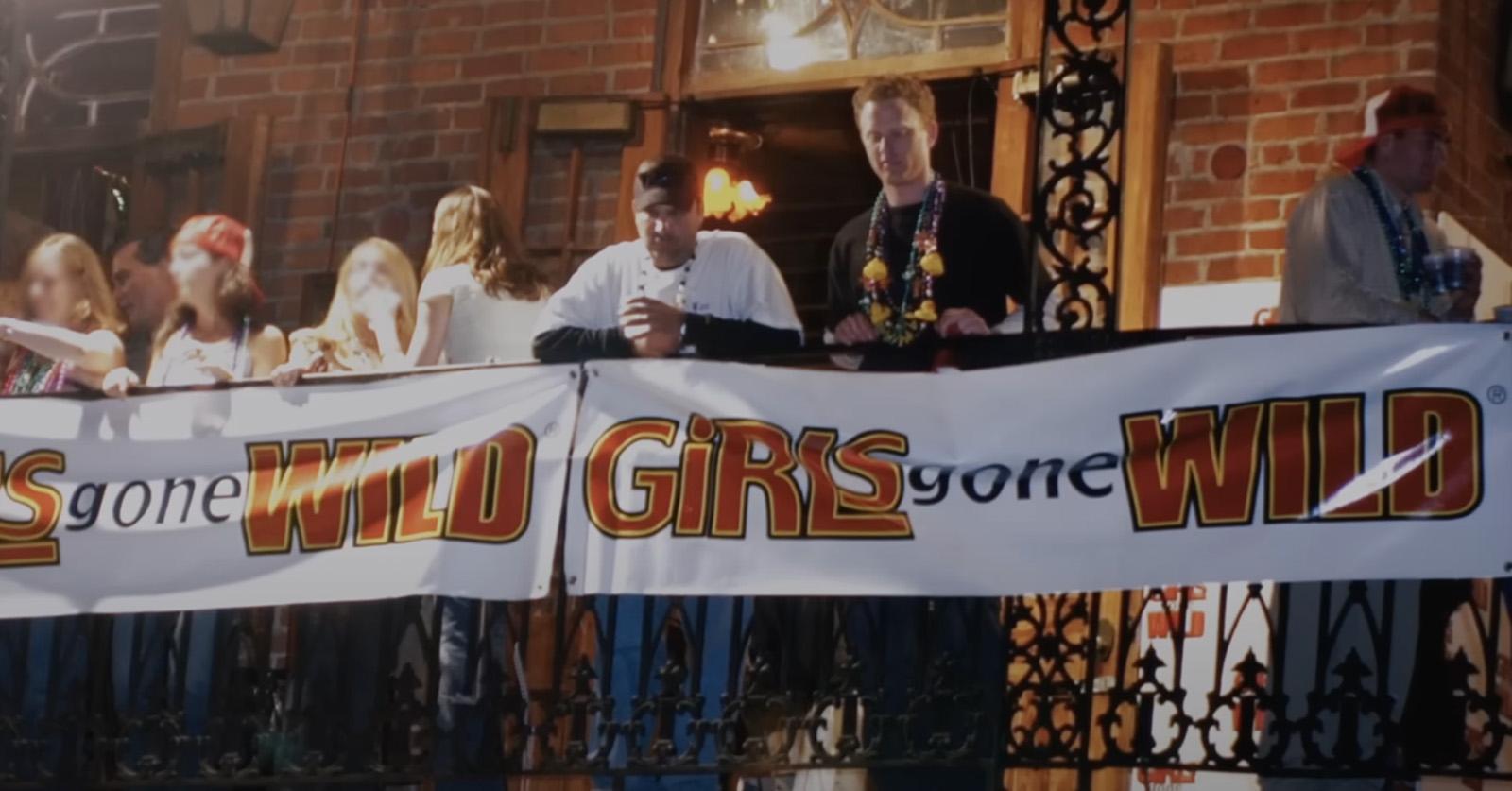'Girls Gone Wild: The Untold Story' Explores the Downfall of Joe Francis’s Raunchy Empire
Francis has been pursued legally for allegedly filming underage girls.
Published Dec. 5 2024, 11:40 a.m. ET

Back in the late '90s, an entertainment enterprise emerged that was so raunchy it's hard to believe it existed so blatantly out in the open: Girls Gone Wild. If you stayed up late enough, you may have seen their NSFW infomercials on your TV screen, advertising explicit footage of young women baring their bodies and getting "wild," often while under the influence and partying for Spring Break, Mardi Gras, and more.
The advertisements were, of course, censored (with the Girls Gone Wild logo placed strategically over any of the sensitive material) but if you wanted to see more, you were invited to purchase one of their DVDs with all of the uncensored and extended footage.
However, what was once a booming business for creator Joe Francis was later fraught with lawsuits and bankruptcy, and it even ended with him fleeing the country for good. So, whatever happened to Girls Gone Wild?

What ever happened to 'Girls Gone Wild'?
The company was founded in 1997 by film producer and entrepreneur Joe Francis, booming quickly over the following few years. By 2001, their late-night infomercials had resulted in the sale of over 4.5 million on-demand videos and DVDs — and by 2002, they were airing their ads on mainstream networks such as E!, BET, Fox Sports, Comedy Central, and Style.
Some of their videos even included A-list celebs like Eminem and Snoop Dogg. To say that the business was successful in the early-2000s was an understatement. In fact, in 2003 alone, they spent more than $21 million on advertising, becoming the largest ad spender on the E! network.
By 2008, Joe Francis was a millionaire, with a reported net worth of around $150 million.
But his empire didn't last forever.
Throughout the brand's years of operations, they were hit with several lawsuits, often from participants in the videos who felt that they were not appropriately compensated, debriefed, or warned about the potential repercussions of appearing in one of their flicks.
For example, in 2002, a young woman from Florida State University sued the company for "violating her privacy rights" after using a video of her removing her top at a Mardi Gras parade in their marketing materials. The suit was ultimately settled, with an attorney ruling that the company must halt all distribution of the video, as well as suspend all promotional campaigns containing the footage of her.
However, after years of lawsuits for shady business practices, causing emotional distress to unwilling participants in their videos, and allegedly filming the naked bodies of underage girls, the company was forced to file for Chapter 11 bankruptcy in 2013.
In one case, a 2015 civil settlement in which Joe Francis pled no contest to charges of child abuse and prostitution for filming underage girls, the founder was sentenced to almost one year of jail time.
In that same year, an arrest warrant was issued for Joe after he reportedly violated the terms of his bankruptcy agreement. However, they were unable to arrest him as he had fled to Mexico. After almost a decade, he still currently resides there with his family, avoiding extradition.